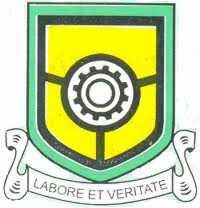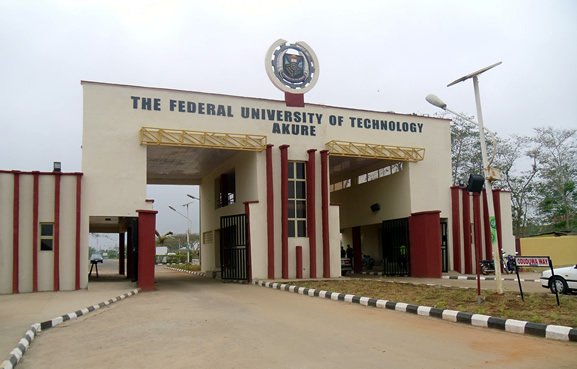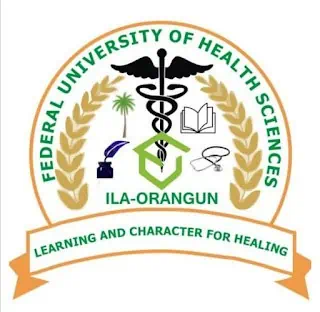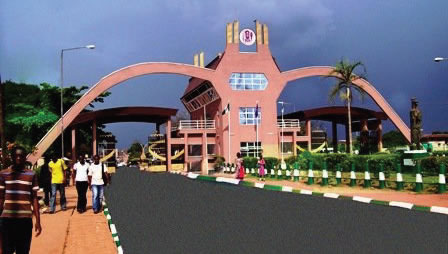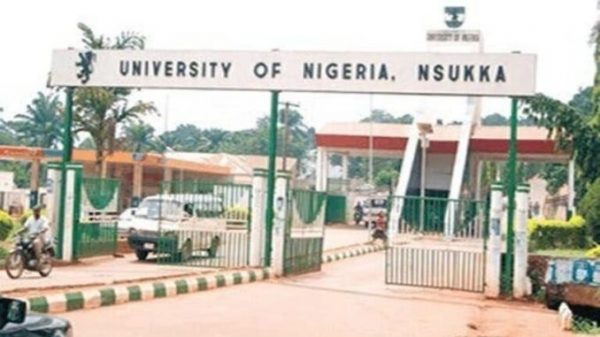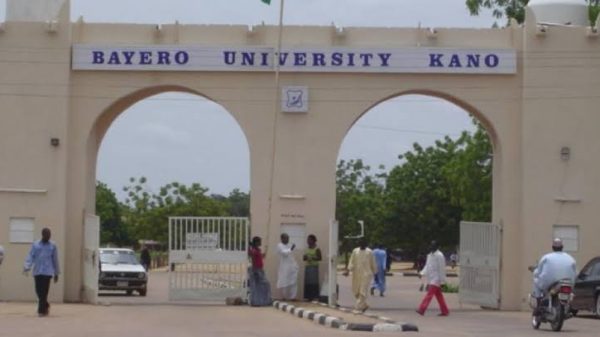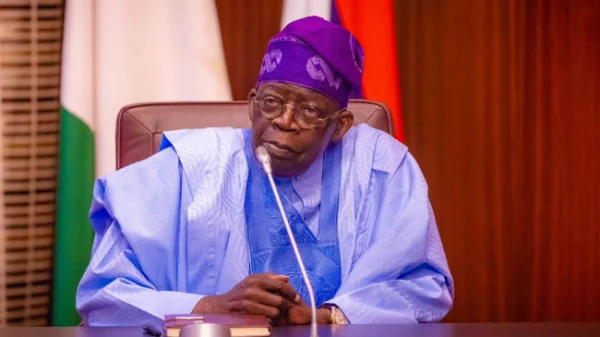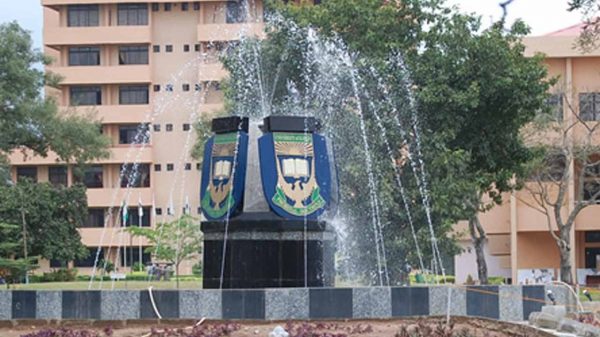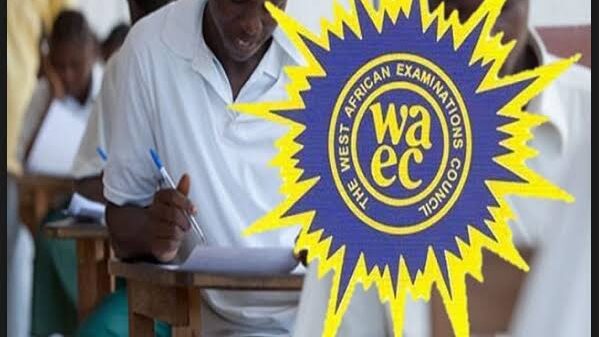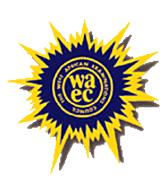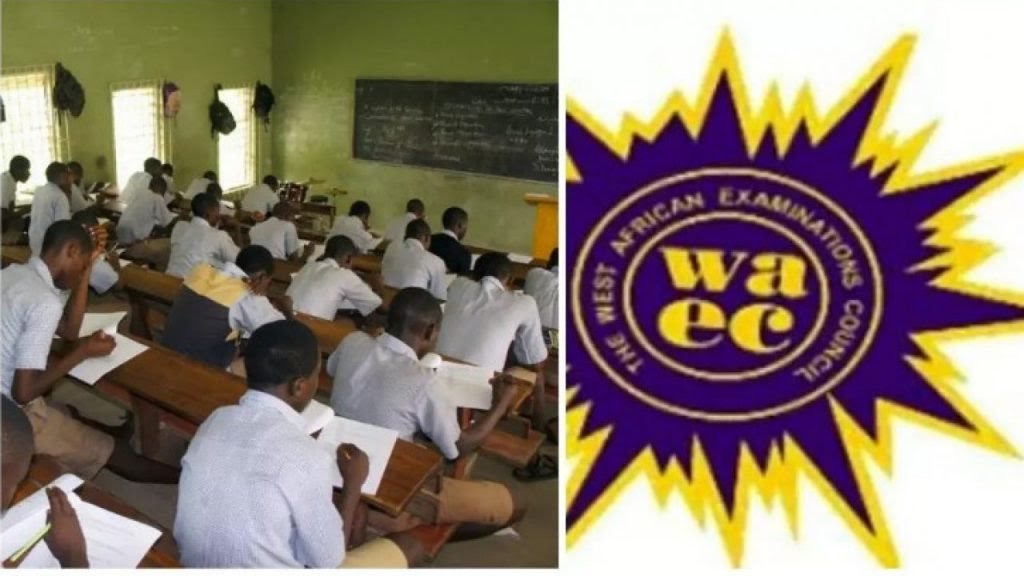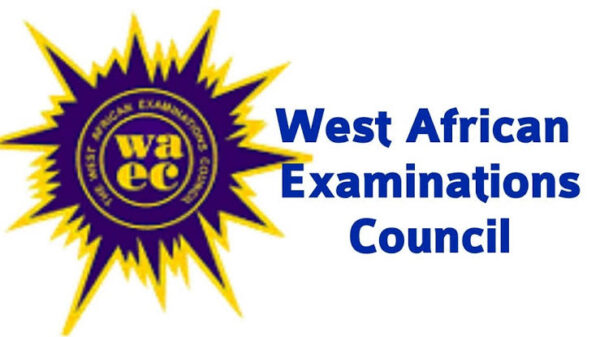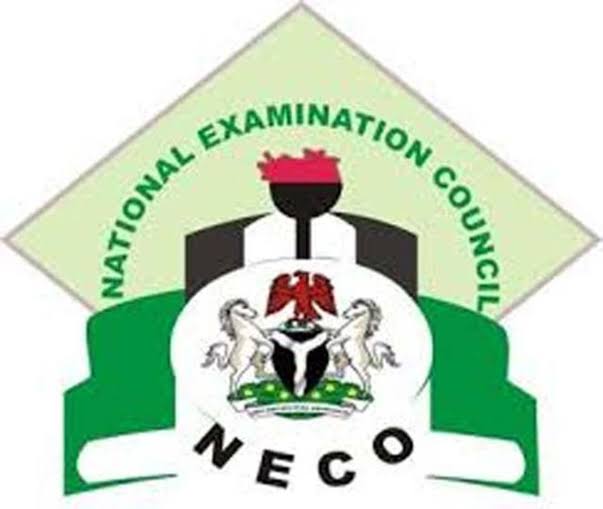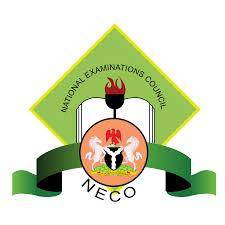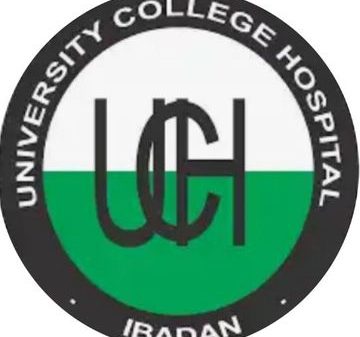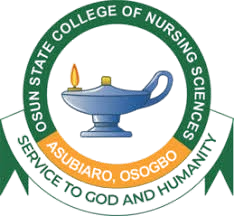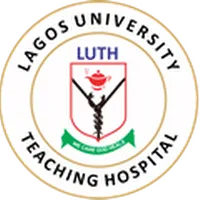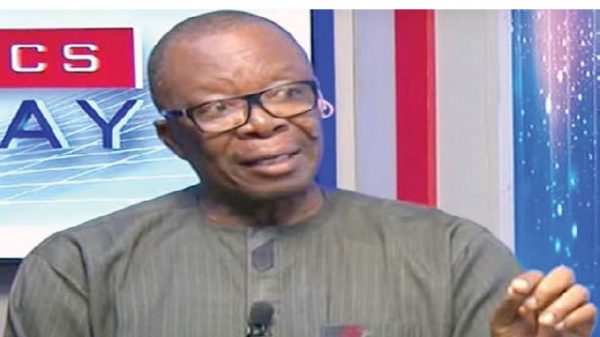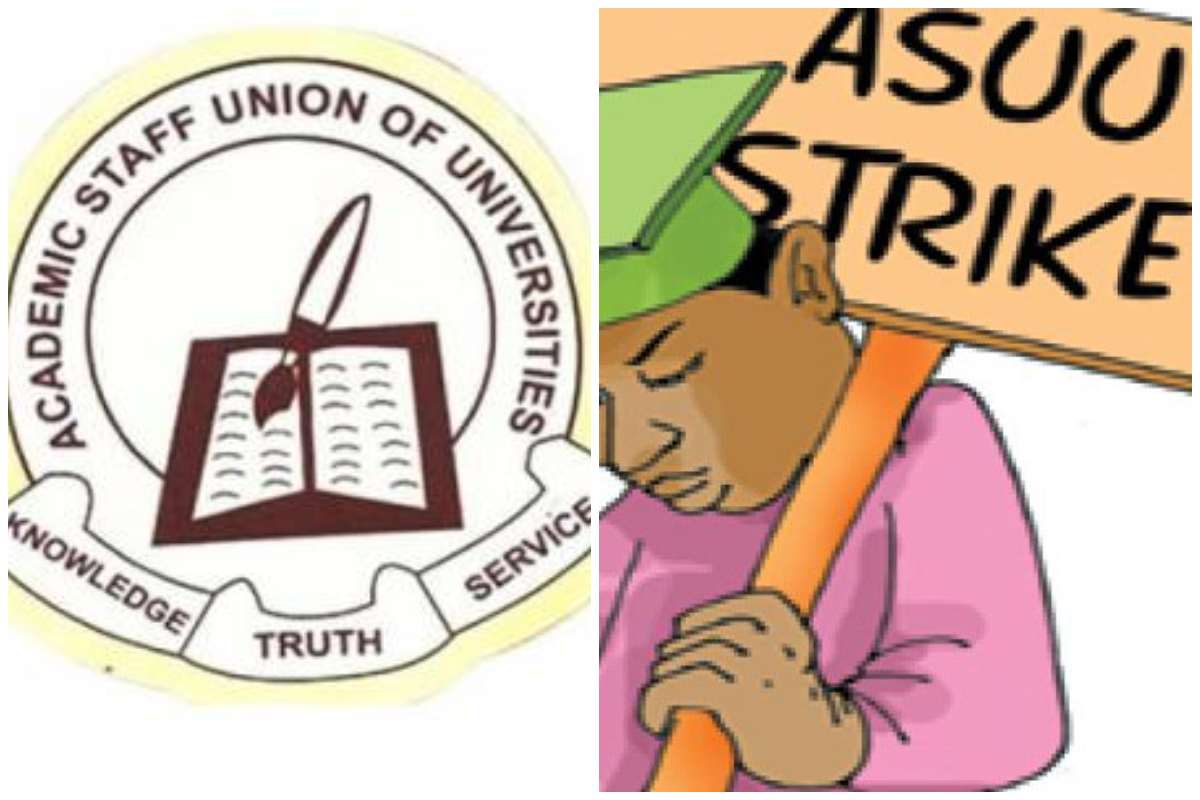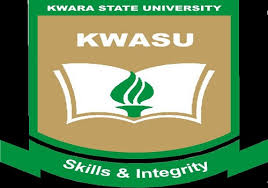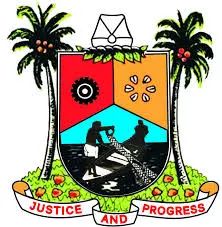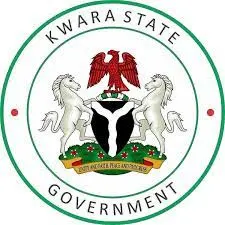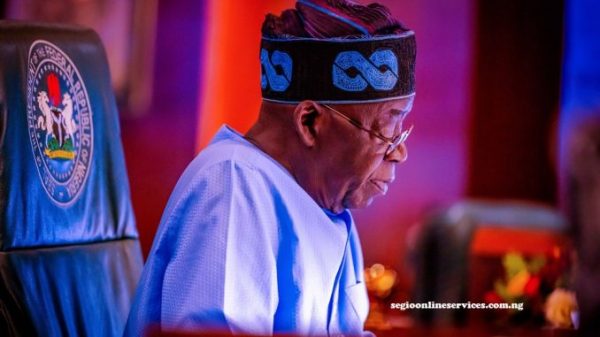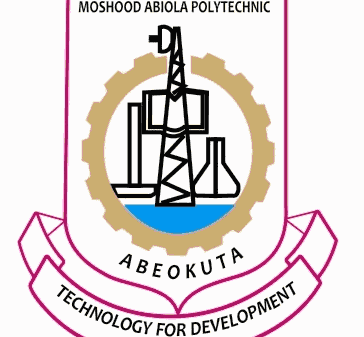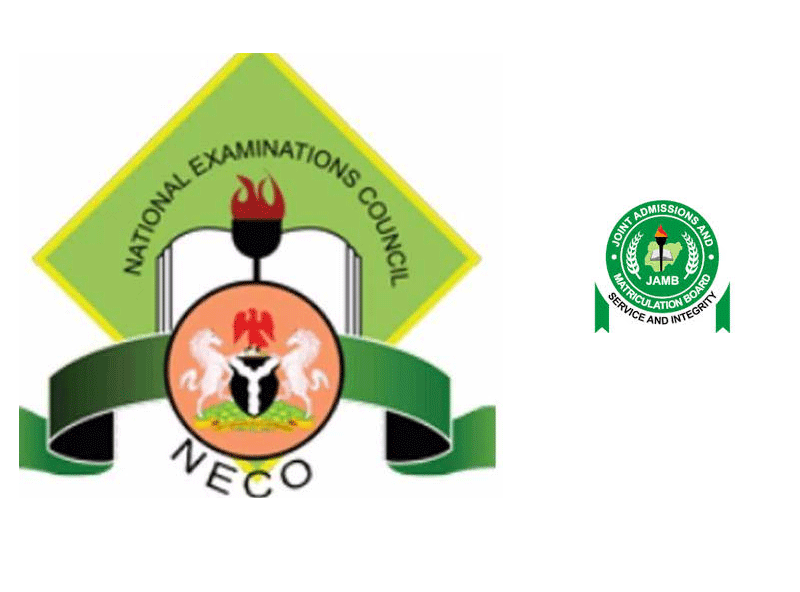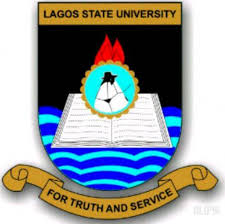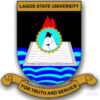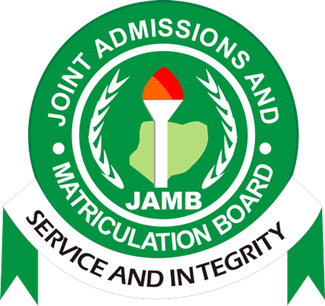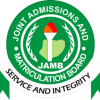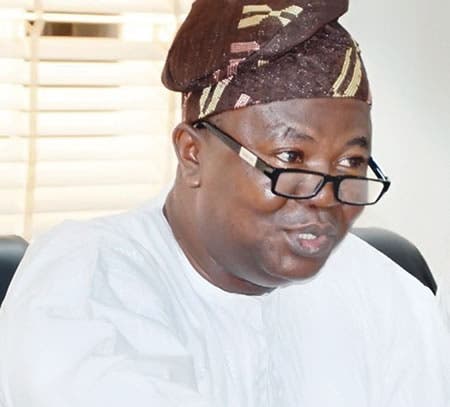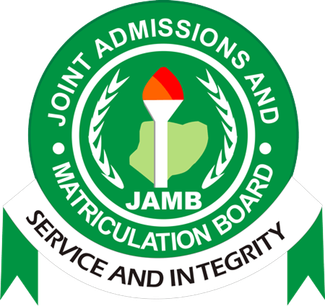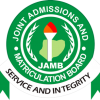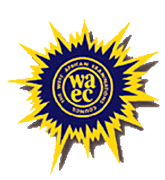The President, English Scholars Association of Nigeria (ESAN), Professor Shola Babatunde, yesterday called on two examination bodies in Nigeria, the National Examination Council (NECO) and the Joint Admissions and Matriculation Board (JAMB) to stop making credit pass in English and Mathematics as prerequisites for admission into universities or polytechnics in Nigeria.
Babatunde, however, described the two examinations bodies’ modality of admission into the higher institutions as ludicrous that would not promote effective language communication.
Speaking at the 37th Annual National Conference of ESAN tagged: ‘KWARESAN 2021’, which was flagged off at the main auditorium of the University of Ilorin, Kwara State, Babatunde also urged the federal government to establish English Language Council in Nigeria, as part of measures to promote and encourage effective communication in the language.
He stated that the council should be empowered to make pronouncements and policies that enjoy government backing for promoting National English.
The conference had the theme: ‘English Language and Literary Studies in Nigeria: Realities of the New Normal’.
Those expected to form membership of the council, according to him, are patriarchs of English Studies in the country.
Babatunde said the agitation was unfortunate at a time that complaints had arisen on the low communicative performance of students in English language.
He also suggested the creation of National English Studies Resource Centre to carry out studies on the National English (NE) corpus; implement relevant NE policies and other related matters.
The university don said proposed centre would be an ideal corpus to implement relevant NE policies and other related matters.
According to him, “This is why the call on the federal government to NECO and JAMB not to make credit pass in English and Mathematics basic requirements for admission into universities and polytechnics in Nigeria is not only ludicrous but also very unfortunate at this time when we are complaining about the low communicative performance of our students in English Language, and when our Arabic and French speaking neighbours are eager to come to Nigeria to learn the English language.
“The emphasis should be on the improvement of the facilities and the training and employment of adequate number of teachers to teach the two subjects in order to minimise failure rates.
“My suggestion is that we need to go beyond our previous efforts if we really desire to show that we are running late in our efforts. We need a change of strategies.”
The forum of scholars is poised to collate and store for easy retrieval of all research efforts on the English language in Nigeria, adding that they are presently scattered.
Babatunde said: “The association has done its best, and the efforts are obviously commendable. We, however, think we need more than an association to take us beyond this point.
“We are therefore proposing the need for an English Language Council in Nigeria. The council will have as its members as patriarchs of the English Studies in Nigeria.”
The Vice-Chancellor of the University of Ilorin, Professor Sulyman Age Abdulkareem, who declared the conference open, noted that since the Nigerian lingua franca remains English, moving a mountain becomes ease for students if they could put words together appropriately.
He said whatever knowledge derived from the conference was supposed to prepare the participants for a better Nigeria.
Also, Professor Gabriel Bassey Egbe of the Department of English and Literary Studies, Veritas University, Abuja, was the keynote speaker at the event, where the Vice-Chancellor of University of Abuja, Professor AbdulRasheed Na’Allah, bagged an award of excellence.
About Author

